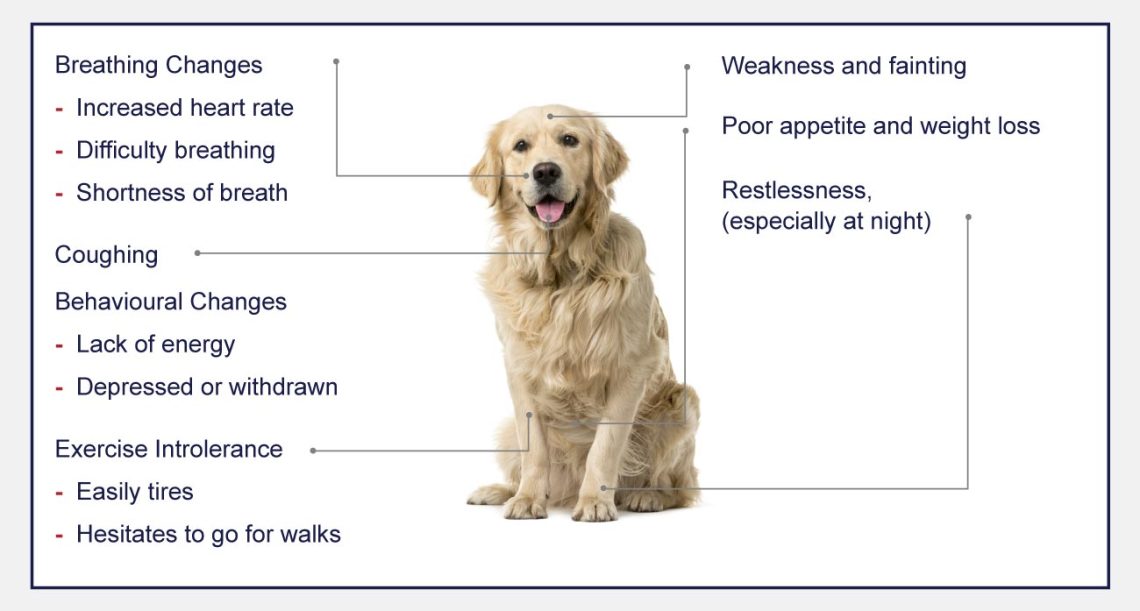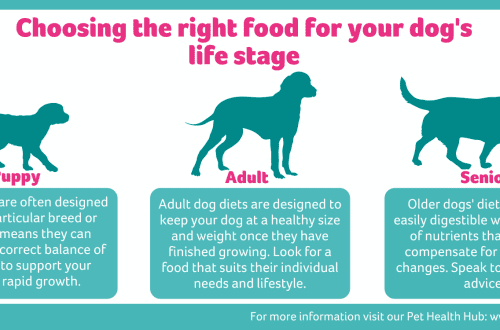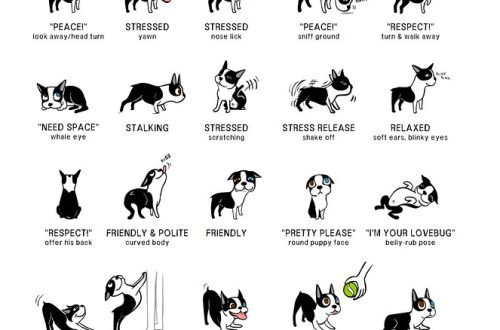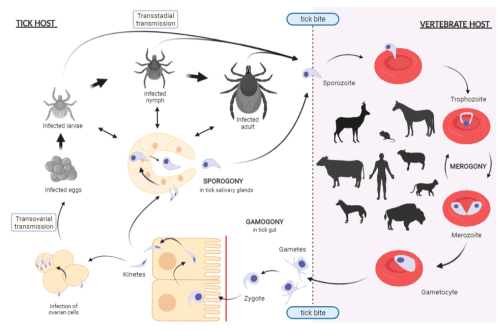
Cardiomyopathy in a dog: symptoms and treatment
A dog loves his human with all his heart, but what if it doesn’t work properly? Cardiomyopathy is a common heart disease in dogs. It will be possible to detect it faster if you do not miss regular visits to the doctor and pay attention to the symptoms.
There are two main types of cardiomyopathy: dilated cardiomyopathy in dogs and hypertrophic cardiomyopathy, which is more common in cats.
Contents
Dilated cardiomyopathy in dogs: symptoms
According to the Pet Health Network, dilated cardiomyopathy is one of the most common heart conditions in dogs. In this case, degeneration and wear of the heart muscles occur. As a result of thinning of the muscle walls, the contractility of the heart, that is, the force with which it can contract and pump blood, decreases. This eventually leads to congestive heart failure.
Although the causes of heart failure in dogs are still not entirely clear, this type of cardiomyopathy is most commonly diagnosed in middle-aged and older large and giant breed pets.
The condition is at least partly genetic, according to the University of Illinois College of Veterinary Medicine, but nutrition can also play a role. Breeds such as Doberman Pinschers and Boxers are also prone to arrhythmias (irregular heartbeats), which can develop into dilated cardiomyopathy.
The dog should be tested for the disease if the following symptoms are observed:
- exercise intolerance and a general decrease in the level of activity, which is often found in the early stages of the disease;
- cool to the touch paws;
- cough;
- bloated belly;
- decreased appetite;
- labored breathing.
If the dog has rapid and heavy breathing, a blue tongue, or he loses consciousness, you should immediately seek emergency veterinary care.
Hypertrophic cardiomyopathy in dogs
Hypertrophic cardiomyopathy, or HCM, is more common in cats. In dogs, it is considered quite rare. This disease is characterized by thickening of one or more sections of the walls of the heart. Cases of HCM have been reported in Airedales, Great Danes, Boston Terriers, Poodles, Bulldogs, and Pointers.
Your veterinarian may recommend treatment for congestive heart failure, as well as exercise restriction and diet therapy.
Hypertrophic cardiomyopathy in dogs may not show up in any way. However, you should contact your veterinarian if the following symptoms are observed:
- fainting;
- signs of heart failure, including cough and exercise intolerance.
Occult cardiac cardiomyopathy in dogs: Doberman Pinschers
Occult cardiomyopathy is a progressive disease that causes abnormal heart rhythms. Unfortunately, it affects many adult Dobermans.
Dobermans with occult cardiomyopathy may show no clinical signs for many years until the arrhythmia progresses and dilated cardiomyopathy develops. Older dogs with this condition may show exercise intolerance. There may also be fainting or sudden death. The best way to avoid such outcomes is to have your Doberman tested annually, which increases the likelihood of detecting the disease and controlling the arrhythmia.
Boxer cardiomyopathy
Boxer cardiomyopathy, or arrhythmogenic right ventricular cardiomyopathy, is a disease that affects the heart muscles of this breed and causes arrhythmia. According to the College of Veterinary Medicine at Cornell University, this arrhythmia usually occurs in the right ventricle. There may also be fainting or sudden death.
Boxers usually do not show symptoms of the disease until it becomes serious. Arrhythmias can be detected during medical examinations or examinations for this condition.
Cardiomyopathy in dogs: diagnosis
The veterinarian may listen to the dog’s heart with a stethoscope to check for abnormalities. However, noises or irregular rhythms are not always detected. Additional tests are needed to accurately diagnose cardiomyopathy, including:
- chest radiographs;
- blood and urine tests to evaluate organ function that may be affected by heart disease
- electrocardiogram;
- Ultrasound of the heart or echocardiogram.
Canine Cardiomyopathy: Treatment
The veterinarian may listen to the dog’s heart with a stethoscope to check for abnormalities. However, noises or irregular rhythms are not always detected. Additional tests are needed to accurately diagnose cardiomyopathy, including:
- chest radiographs;
- blood and urine tests to evaluate organ function that may be affected by heart disease
- electrocardiogram;
- Ultrasound of the heart or echocardiogram.
Canine Cardiomyopathy: Treatment
Cardiomyopathy is a serious disease and should be diagnosed and treated appropriately. With adequate treatment, the condition of the animal improves, so the veterinarian may prescribe one or more of the following medications:
- diuretics, which help remove excess fluid from the body;
- angiotensin-converting enzyme (ACE) inhibitors to lower blood pressure and facilitate the outflow of blood from the heart;
- digitalis glycosides, which help slow down the heart rate and increase contractions;
- vasodilators to widen the arteries and veins and reduce the workload on the heart to pump blood;
- pimobendan: a drug with promising results in dogs with dilated cardiomyopathy.
Nutrition for heart failure in dogs
Your veterinarian may recommend making changes to your pet’s diet to promote cardiovascular health. Among them:
- Salt intake control. It helps maintain normal blood pressure.
- Taking taurine. It is not an essential nutrient for dogs, but may support heart muscle metabolism. In some dog breeds, a close relationship has been documented between taurine levels and dilated cardiomyopathy.
- Taking L-carnitine, which supports healthy heart function.
- Taking vitamins of group B and magnesium against the background of their probable deficiency.
- Controlling protein or phosphorus intake. They can negatively affect a pet’s kidney health in addition to heart problems.
- Omega-3 fatty acid intake.
Before making any changes to your dog’s diet, you should consult your doctor.
It is very important to consult a veterinarian for any suspicion of heart disease in a dog. He will make an accurate diagnosis and prescribe the right treatment. Many dogs with cardiomyopathy continue to live happy lives with healthy hearts, giving love to their owners for many years.
Genetics and nutrition may hold the key to understanding dilated cardiomyopathy, and scientists at Hill’s Pet Nutrition and Embark are participating in a research project to investigate these factors. This collaborative study will explore options for early detection of the disease, genetic risk factors, and possible solutions to support the recovery process of diseased dogs.
See also:
- Bad breath in a dog: causes and treatment
- Vaccinations for puppies by age: vaccination table
- Struvite Bladder Stones in Dogs: Symptoms and Suitable Food
- Health problems in pedigreed dogs





